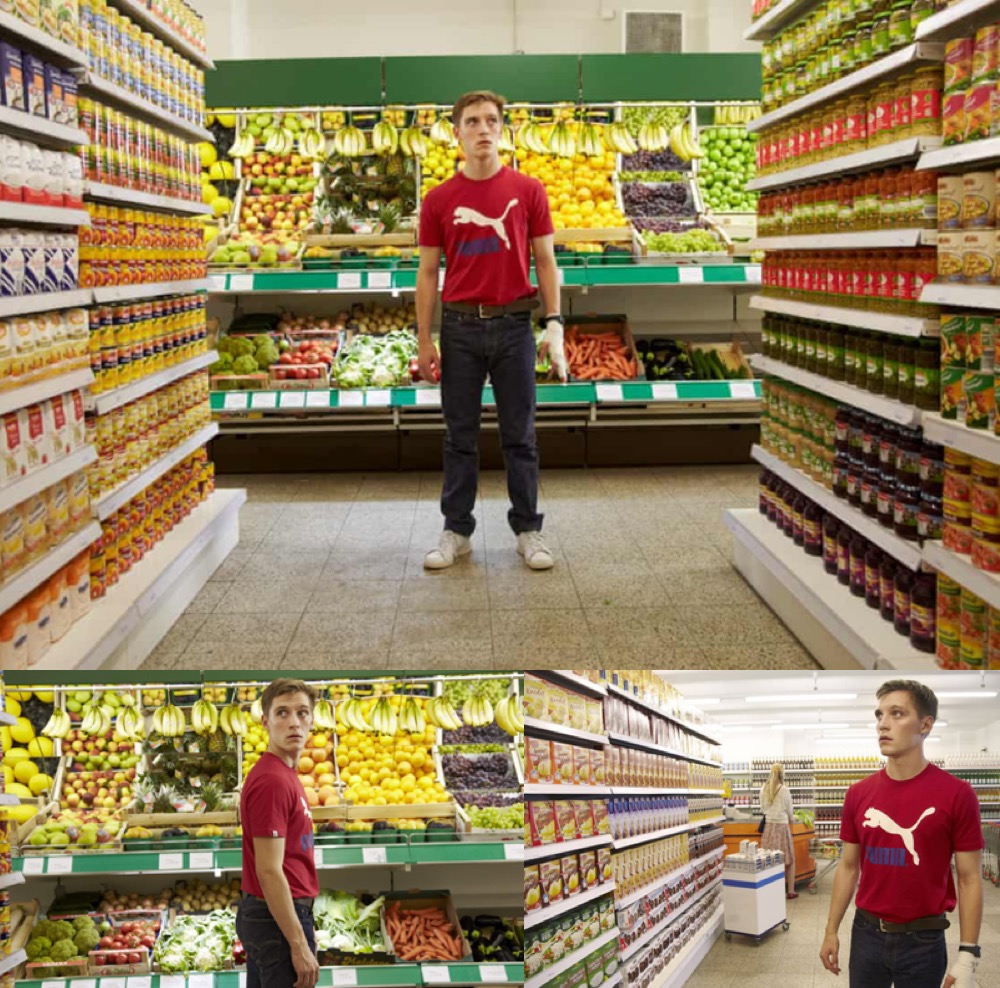Changing how money works
There’s a scene in Deutschland 83 where an East German spy enters a supermarket in West Germany for the first time. It is not easy to make someone realize the wonder of something they take for granted, but his reaction at seeing the plethora of choices available to serve the simple function of imbibing calories hits the nail on the head.

Scenes from Deutschland 83
The internet has had the same effect on people who were used to walking into stores and choosing from hundreds of products. They can now choose from millions (an infinite number, really) of products online.
This happened because the internet changed two fundamental things:
- It made it possible for anyone to reach everyone in the world very cheaply. You didn’t need to sign a $100,000 upfront lease for a store and wait for people to walk in any more.
- Not only did it become possible to reach so many people at once, it became possible to reach every person in a way that was deeply personal and relevant to each individual.
The center of gravity of value generation in businesses shifted dramatically. Moats built on owning distribution, or mass-market supply crumbled. In a world where anyone could reach consumers, everyone did reach them. The only thing that mattered was whether you could create a product people would want, and build a relationship with those people. Consumers benefited the most from this, as businesses competed for their attention and tried to create the best product and service possible.
We’ve all seen how this has played out in retail and online shopping over the last couple of decades.
The same shift is playing out right now in financial services. Everything we do with money is going to be possible via an app from our mobile phones, without needing to walk into a bank or talk to a human. There are going to be more financial products and services than we can imagine today (remember Martin’s face in that Deutschland 83 scene?). Consumers will benefit the most, this time around too.
Old world financial services have not been known for their consumer-first business practices. But the era of hidden fees, sudden rate increases, bad lock-ins, selling your data without your consent, etc. is over.
Even beyond this, we need modern financial services that are ‘internet-native’ and serve the needs of every single person. The amount of innovation happening already is phenomenal. Simply browse through the Finance category of the App Store to see for yourself.
Robinhood allows you trade stock without any fees, Metromile lets you buy car insurance by the mile (of driving), with Lemonade you can buy home or renters insurance with a few clicks and it gives back the money not used to pay out claims, Acorns invests your ‘spare change’ by rounding up purchases you make on your credit card so your continuously saving and investing, Earnin lets you draw from wages money you’ve already earned even before you get paid.
All these apps use Plaid. Plaid is at the center of this once-in-a-lifetime shift: making it easy to access the financial ecosystem and enabling developers and businesses to build financial services through technology. This is a massive democratizing force. Remember what happened when retail stopped needing a $100,000 upfront lease for a storefront from people to sell their products? That is what Plaid makes possible for financial services.
The construct of money is a core pillar of human society – from the time we developed language to speak to one another, we’ve wanted to barter and trade and create longer term leverage from our day-to-day effort. It fuels the engine of societal and economic progress. Being able to change how money works for society is a once-in-a-lifetime opportunity. I couldn’t be more excited to be at Plaid at such an exciting time.
We’re looking for great people to join us. If you’re interested in learning more, DM me!